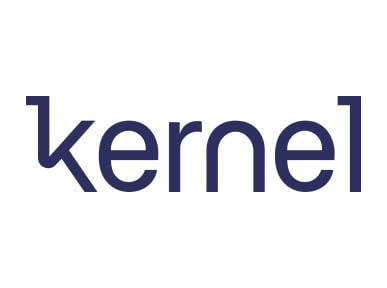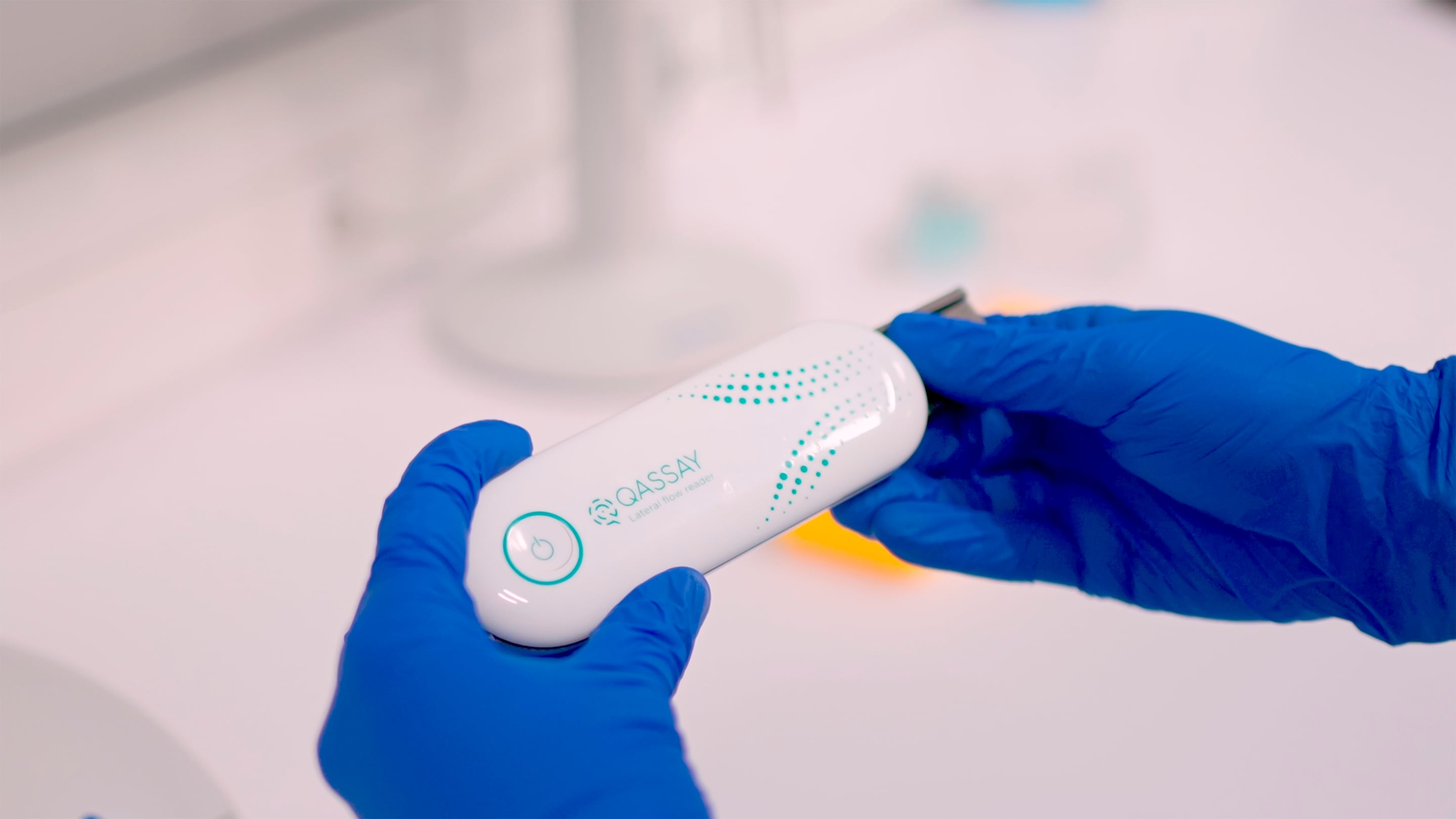Healthcare
Medical scan accessible anywhere, anytime
Imagine a world where every patient could regularly receive preventative scans of their brains. What sounds great in theory has always been a logistical problem so far. The entire MRI capacity of the United States is insufficient for regular preventative scans for dementia, let alone any other conditions. Kernel has set out to address this issue.
Kernel’s neuroimaging headset, Kernel Flow, collects high-resolution data at the scale required for medicine. Kernel Flow scans are limited to the cortex, the evolved part of the brain where most cognitive capabilities are encoded.
Challenge
- Design a non-invasive solution to make scans comfortable for patients and easy for providers
- Find the perfect combination of high-performance image processing and low power consumption
- Deliver robust utility and portability combined with high levels of on chip processing
- Minimize data transmission bandwidth for data rich system-level capabilities
Solution
- Time-domain NIR spectroscopy for more robust and information rich scans in any setting
- Higher computing power with custom algorithms hard-coded into sensors to reduce data rates efficiently
- ST’s technology node for high performance while meeting Kernel’s thresholds for power management
Impact
- Medical scan accessible anywhere, anytime
- Scanning 80% of the brain at 2% the cost, thanks to new levels of computational power
- Simplifying patient journeys through technology that meets them where they are
Making non-invasive scans a reality
By accepting a few trade-offs, Kernel is working to enable medical professionals to leverage the portability and ease of use of Kernel Flow. This makes all the difference for patients who already struggle to visit a clinic or go through an MRI scan. To guarantee comfort and medically accurate scans, Kernel had to find the sweet spot between high-performance and power consumption, and ST’s foundry services helped them find the optimal balance.
“
When we set out to build a non-invasive and optical-based neuroimaging system, we didn’t know if our vision was even possible. Through a rigorous technology exploration, we found that ST’s Imaging Foundry had a technology node that made all of the difference
”
Ryan Field, Ph.D, Kernel’s CEO and CTO
Scanning 80% of the brain at 2% of the cost
When Kernel started, back in 2016, nobody thought about having their brain measured unless they had a medical condition. The landscape was split among very invasive technologies without any practical uses for the wider population and robust medical technologies with high operational costs.
Kernel saw an opportunity between these extremes, but to appeal to consumers, they first had to demonstrate the near-medical accuracy that would place the Flow in the league of fMRI (functional MRI) and EEG (electroencephalogram).
Robust and information-rich scans in any setting
Thanks to time-domain near-infrared spectroscopy (NIR), they were able to offer neuroimaging at levels comparable to clinical solutions, but still flexible enough to use it where the patients are already receiving care. However, getting there posed some challenges. Kernel’s first design included 312 sensors, each of which used more than 100 milliwatts.
“
The MPW program significantly reduced risks and costs, underscoring ST’s pivotal role as a tech enabler in Kernel’s groundbreaking innovation.
”
Ryan Field, Ph.D, Kernel’s CEO and CTO
How ST's Multi-Project Wafer (MPW) program made a difference
To mitigate these challenges, Kernel partnered with ST, leveraging their cutting-edge process node and the Multi-Project Wafer (MPW) program. ST’s collaboration empowered Kernel to embed robust computational power and custom algorithms into each sensor, efficiently reducing data rates. This transformation not only minimized the Flow’s reliance on external power but also improved comfort for the patients. Thanks to ST’s technology, Kernel successfully decreased data bandwidth requirements by 1,000,000 time and streamlined both data compression and encryption in a single step.
As Kernel continues its partnership with ST, they continue to explore more power-saving options. It’s only a matter of time before the Flow becomes the new norm in practices everywhere.





